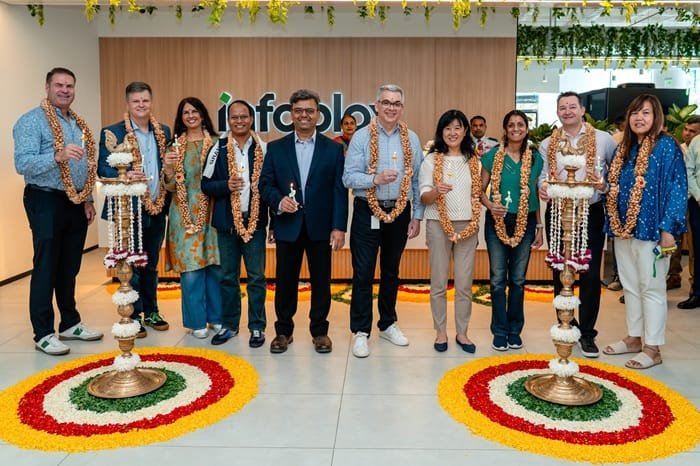Make-in-India to see world-class competition
India has emerged as a “great place” to use the advantages accruing from the Free Trade Agreements (FTAs) that have been signed and more of which are to be signed by the Government with internationally trading nations, a senior retail industry official says https://www.commerce.gov.in/.
“We are among the most attractive markets, with a growing young population that makes us one of the world’s largest consumer markets with insatiable demand for the best in the world,” said the Retailers Association of India (RAI) CEO Kumar Rajagopalan in Singapore.
“The FTAs have been signed by internationally established trading partners and more are following, especially from the emerging economies,” said Rajagopalan, underlining the importance of India’s growing role in the global trade ecosystem.
“Also, it is important for India to showcase its increasing abilities to manufacture, thanks to the country’s decade-old Make in India programme,” he stressed https://www.makeinindia.com/home/.
The FTAs will also give Indians access to items that get manufactured abroad at a more convenient pricing, he added.
But he was also quick to dismiss notions of dumping cheap inferior goods into the Indian market, pointing out that the country has created laws that can protect against such trade-damaging practices, and that can be challenged at the World Trade Organisation.
According to Rajagopalan, a trade veteran of 40 decades, a full fledge quality control checking system is in place to ensure Indian consumers are getting the best products as imports of edible is set to increase following the signing of more and more FTAs by the Indian government in an endeavour to reach out the global markets https://fieo.org/.
“We have quality control by the Bureau of Indian Standards in certain categories. The system is getting in place to check on imported products for ensuring these are of higher grades and safe for consumption by local consumers,” Press Trust of India quoted Rajagopalan as saying.
India has always imported consumer products from around the world but in recent years with the economic prosperity momentum picking up, the country has become “more and more attractive as a consumer-driven market”, given the young population with rising income seeking the best quality, cost-effective, long-lasting and appealing products, he pointed out.
The FTAs are increasing India’s bilateral trade globally, covering value-added high-end and heavy-duty industrial products to edibles such as soybeans, cheeses, vines and beverages https://www.nseindia.com/.
RAI leads about 2,500 members, mostly retailers at national level, with an annual business volume of about US$900 billion, that is set to grow at 10 per cent annually.
After participating in the National Retailers Federation’s NRF 2025 for Asia Pacific held in Singapore June 3-6, Rajagopalan pointed out that the “Make in India” programme is producing world-class high-standard products both for the domestic market as well as export, “thanks to the FTAs opening more export opportunities” https://www.bseindia.com/.
Rajagopalan also sees competition from world-class products for the Make in India programme. “Imports and exports will create a competitive landscape and we will see further upgrades in manufacturing processes within India to make globally-rated products be it hardware, software and or edibles,” he pointed out.
India, he said, produces Agri- and non-agri products for consumers as well as industrial plants for the world https://sbi.com.in/.
As such, the NRF 25 is among important global platforms for Indian retailers to attend, make connections, converse with retailers, traders and manufacturers of international brands and collaborate for strengthening India-made products, he stressed.
He added that 85 per cent of the 700,000 stores in India are still operating in traditional formats, ranging from the corner shop ‘Kiraana’ to single store supplying everything in the range of garments and edibles, competing with mega modern-day fast-pace trading department stores, online and offline supply chain operators.
Fast- and quick-commerce have reduced delivery time to 10 minutes while e-commerce and online payments have made retailing business easier and prompt, he observed.
NRF 25, held June 3-6, had 9,500 trade visitors from over 72 countries, alongside participation from 240 exhibitors and sponsors, and 150 conference speakers. Fiinews.com










